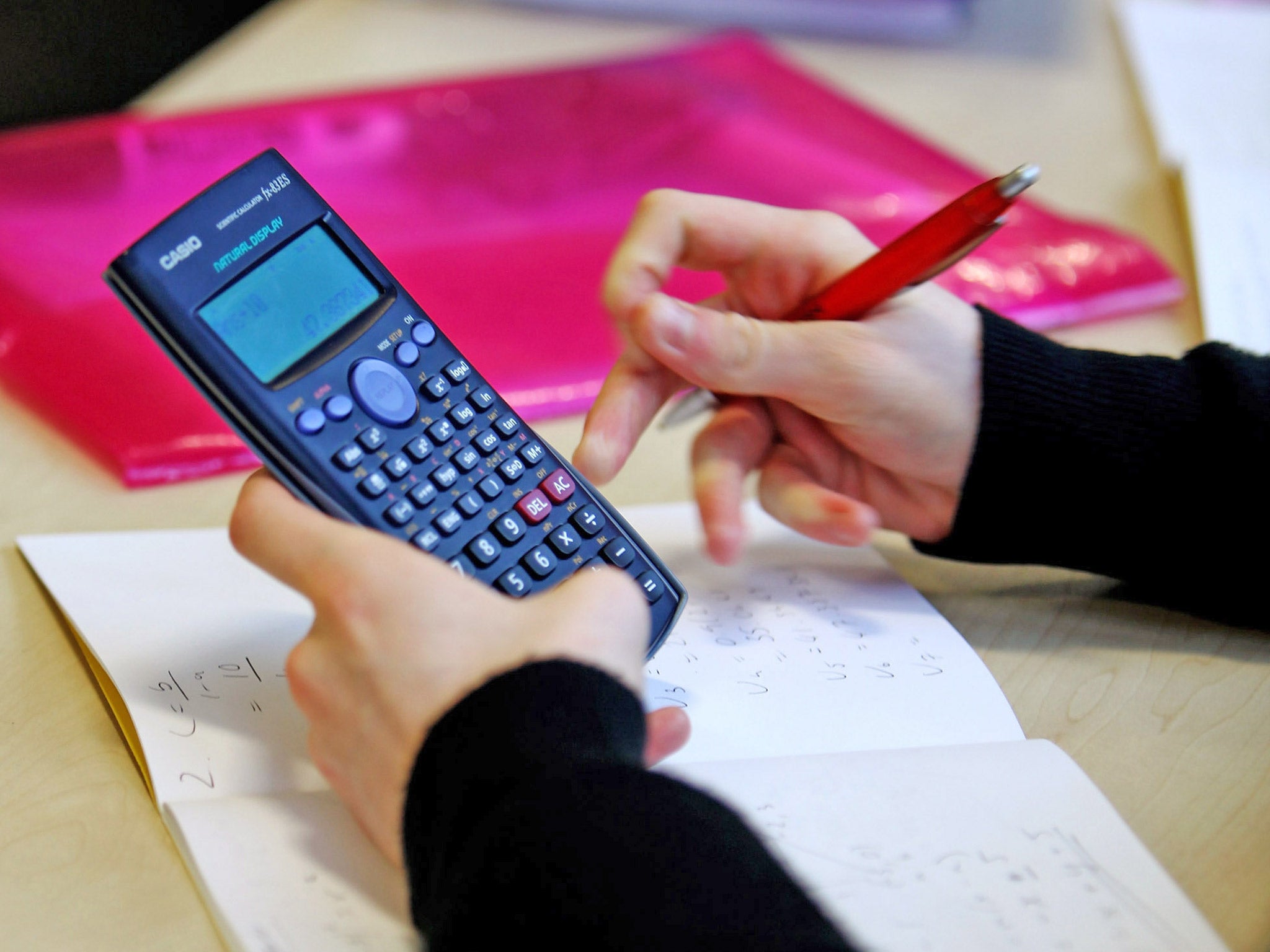GCSE shake-up to see pupils studying more poetry and maths as part of 'more demanding' curriculum
Students will also have to study at least one 19th century novel

The future for GCSE English lies in the past, details of the new syllabus for the exam revealed on Friday.
Under the new blueprint for English literature to be introduced in schools from September 2015, there will be a bigger emphasis on pre-20th century authors and Romantic poets than at present.
All students will have to study at least one 19th century novel - which should see a revival of authors like Jane Austen and Charles Dickens - and at least five different poets from 1789 onwards - including the Romantic poets.
Shakespeare retains his place as the sole compulsory writer to be studied - with pupils having to study at least one of his plays.
The new prescriptions replace a less rigid requirement where pupils were told they only had to study novels from “different cultures and traditions”. This led to the vast majority choosing writers from the 21st century - such as Harper Lee (To Kill A Mocking Bird) and John Steinberg (Grapes of Wrath).
Another innovation introduced in the new exams will be testing pupils on “unseen” texts, i.e texts they have not studied. In English language, set texts will disappear altogether with pupils only quizzed on work they have not seen.
Ministers believe this will give a truer picture of candidates’ reading and analytical skills as they will be asked to give in-depth answers to questions on material they have not pre-prepared for.
There will also be greater concentration on spelling, grammar and punctuation in English language with 20 per cent of the marks allocated to it - as compared with 12 per cent at present.
In maths, pupils will need an extra lesson a week to fit the syllabus in as students must learn key formulae by heart - such as the quadratic formula, sine and cosine rules and the formula for the area of a triangle.
Announcing the changes on Friday, Education Secretary Michael Gove said the new maths syllabus would be “more demanding and we anticipate schools will want to increase the time spent teaching mathematics”.
“On average, secondary schools in England spend only 116 hours per year teaching mathematics which international studies show is far less time than that spent on this vital subject by our competitors,” he added.
“The new GCSEs in English and mathematics set higher expectations: they demand more from all students and provide further challenge for those aiming to achieve top grades.”
Mark Dawe, chief executive of the OCR exam board, said that the removal of set texts for English language was “a key issue of concern”.
“If students don’t take literature, many students will leave school without reading a book from cover to cover,” he added. This would be overcome by them taking both English language and literature, however.
On maths, he added: “Students will be doing much more maths but will only be rewarded by one GCSE for their efforts.” He warned against the new syllabus becoming “supersize” and “unmanageable”.
Mary Bousted, General Secretary of the Association of Teachers and Lecturers, said: “We agree that qualifications need to be rigorous, but making them harder, more narrowly focussed, and more challenging will not benefit the majority of pupils.
“Once again the Government is totally neglecting the 40 per cent of young people who don’t manage to pass five GCSEs at grade A* to C.”
The new syllabuses came on the day exams regulator Ofqual published its new structure for GCSEs - revealing that a new numerical grading system of one to nine would replace A* to G grades. The extra grade will allow for “higher differentiation” at the top, chief regulator Glenys Stacey said.
In addition, there will be a shift towards end-of-course exams instead of coursework. Ministers have claimed coursework has been largely responsible for a “dumbing down” of standards in recent years.
What the changes are
The new exam syllabus will stipulate that every pupil must study at least one 19th century novel - which could see a revival of authors like Charles Dickens and W.M.Thackeray in the classroom. The present system is less specific insisting only that pupils should study texts from “different cultures and traditions”.
In poetry, they will have to study a selection of poems written since 1789 - including Romantic poetry - which will mean a revival for poets like Keates, Shelley and Byron. The new strictures demand pupils should study no fewer than 15 poems by at least five different poets. They must all study a minimum of 300 different lines of poems.
Shakespeare, though, is still the only named writer in the new syllabus - with pupils told they must study at least one of his plays.
Other changes include pupils being examined on “unseen” texts, i.e those they have not studied, to determine their reading and analytical abilities in greater depth, more accent on spelling, grammar and punctuation in English language (worth 20 marks instead of 12 as at present) and an extra maths lesson a week to study the subject in more depth.
Subscribe to Independent Premium to bookmark this article
Want to bookmark your favourite articles and stories to read or reference later? Start your Independent Premium subscription today.

Join our commenting forum
Join thought-provoking conversations, follow other Independent readers and see their replies